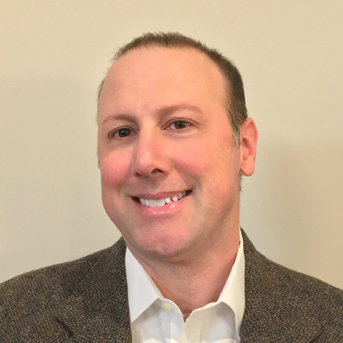Did you know that WRAP is helping people build new lives after they leave jail or prison? Correctional institutions are increasingly relying on self-help and peer support to help people transition successfully into the community, and WRAP is a perfect match. It’s a self-contained, easily learned process for promoting recovery, and the need is great: Here in the United States, the Bureau of Justice Statistics reports that one in two jail inmates and one in three prisoners has a history of mental illness. Even more have histories of substance use disorders.
Correctional institutions often struggle to provide needed treatment and therapy, not to mention discharge planning. However, some communities are taking the lead with WRAP. WABE-Atlanta radio recently profiled the state of Georgia’s Forensic Peer Mentor Program, and WRAP is a key component of it. The program is such a success that even as prison populations decline, the state continues to add peer mentors.
WRAP for Life offers suggestions for people who are involved in the criminal justice system, as well as for people in other situations such as experiencing suicidal thoughts, quitting smoking, and managing diabetes. The sample WRAP for people involved in the criminal justice system identifies stressors and wellness tools that are specific to correctional institutions. The clanging of bars or inmate fights might be stressors, and attending reentry groups or writing letters to home might be wellness tools.
WRAP can be useful at all stages of the criminal justice system. It’s being used in conjunction with problem-solving courts that link people with treatment rather than sending them to jail or prison. It’s also being used in many jails and prisons, during reentry, and with people who are serving probation or parole. Visit our website to learn more about how criminal justice systems around the world are promoting recovery with WRAP.
Do you have a story to share about how WRAP changed your life? Share it with the WRAP community on our Facebook page.

Alan Marzilli, J.D., M.A., is a senior writer/program associate at Advocates for Human Potential (AHP). His work focuses primarily on homelessness, mental health and substance use disorder services, cannabis regulation, and employment services.






